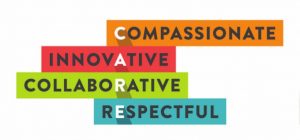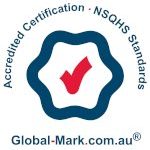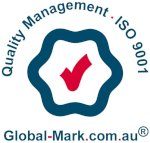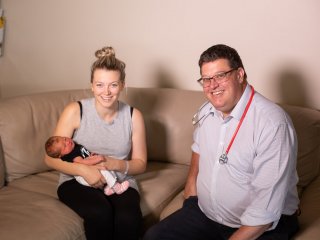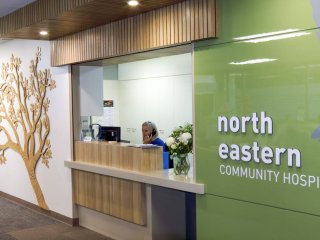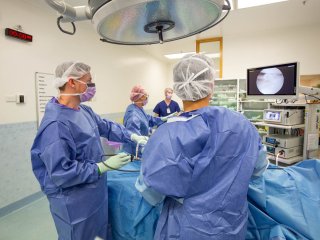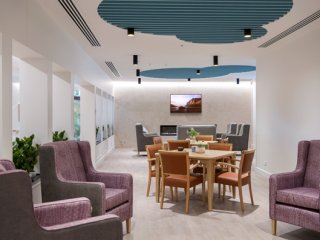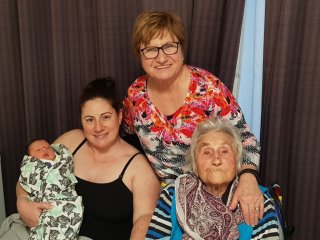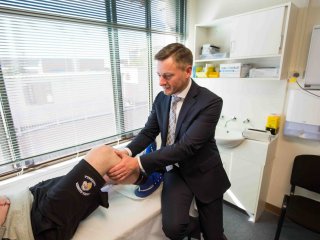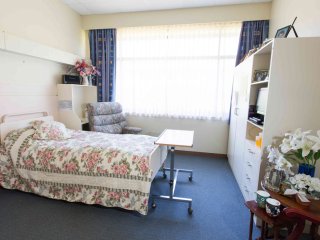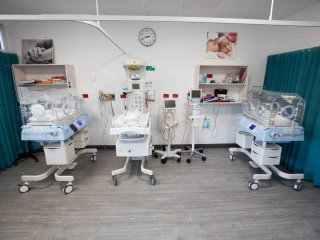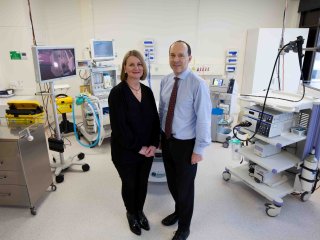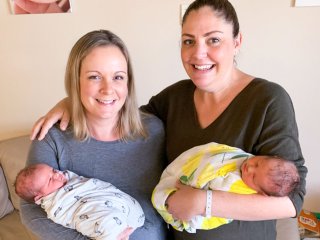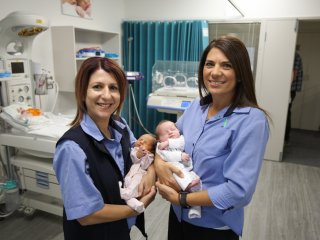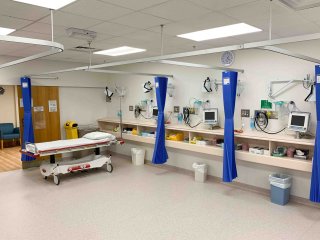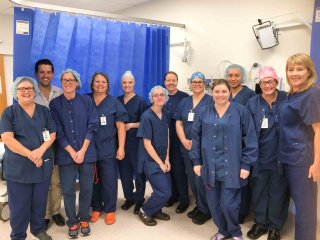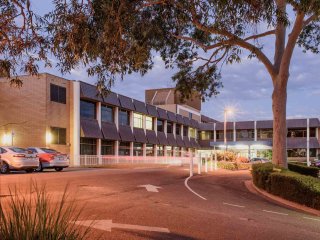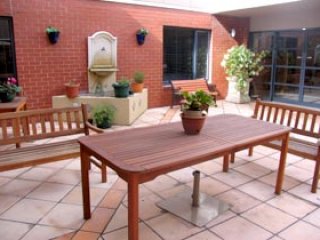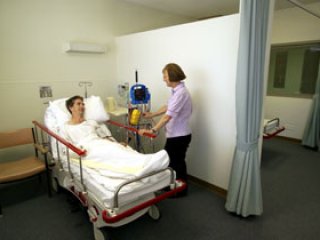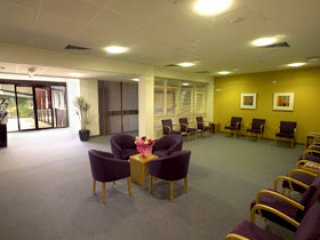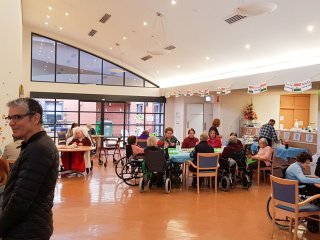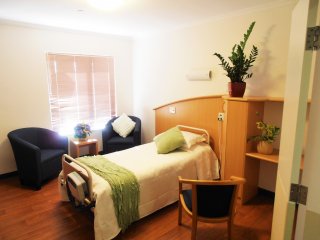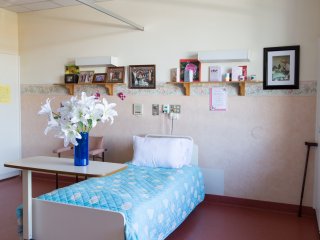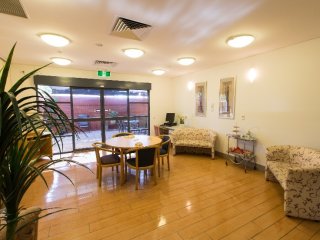Quality Policy Statement
The North Eastern Community Hospital is committed to:
- providing and establishing quality systems that continually evaluate and improve the quality of care and services for our consumers
- complying with requirements and continually improve the effectiveness of the quality management system
- ensuring relevant health care standards and statutory requirements are met
- ensuring risks to consumers are identified and controlled to minimise effects to consumers
- meeting quality objectives which are reviewed annually by the Board
Our Vision
We will be the Premier Provider of Health Care Excellence from Birth to Aged Care
Our Mission
NECH is a not-for-profit organisation comprising of a Private Independent Acute Care Hospital and a Residential Aged Care Facility, providing excellent care to the community with a comprehensive range of health services in a safe, caring environment.
Our Core Values
North Eastern Community Hospital is committed to the ongoing improvement of patient care in all areas. While we have an excellent record in delivering quality patient care and risk management our hospital continues to focus on improvements to ensure that our services are as safe as possible and that we are minimising our risks at all times.
North Eastern Community Hospital has a strong commitment to safety and quality which is reflected in our approach to:
- Creating safe environments and systems of work for our staff.
- Continually reviewing and improving the performance of our patient safety and quality systems.
- Assisting our healthcare professionals and Visiting Medical Officers to monitor the safety and quality of care they provide.
- Ensuring accountability for the safety and quality of care at all levels of our organisation right through to the Board of Management.
North Eastern Community Hospital operates under a comprehensive Clinical Governance Framework based on an integrated approach to clinical risk management and continuous quality improvement. This Framework measures four major areas in organisational performance including:
Clinical Risk Management (making sure our services are safe
and minimising risk of error)
- Our culture promotes and encourages staff to report incidents, risks and near misses.
- Incident Management Policy outlines the process for assessing and investigating incidents.
- Clinical policies are developed in accordance with evidence based best practice.
- Clinical risk and safety policies are reviewed on a regular basis and updated as required.
Clinical Effectiveness (ensuring the clinical services we provide
are effective)
- Quality and Safety Indicators are used to measure and monitor performance.
- Quality Improvement Requests are initiated when significant issues are flagged.
- Quality and Safety Indicators are benchmarked nationally.
- Serious Clinical Incidents are reported and investigated.
- Clinicians are represented on Governance Committees.
- High risk areas are audited on a regular basis.
- Quality performance and safety issues are reported to the Board of Management.
- The facility is compliant with the standards of ISO 9001 and the 8 National Safety and Health Service Standards
Effective Workforce (making sure our staff are competent
and up-to-date)
- Facility rules are available to all existing and new medical and allied health personnel.
- Ensuring a strict process for checking credentials, registration and scope of practice for all clinical disciplines.
- Targeted education and competency requirements in all clinical areas with a particular focus on high risk areas.
- Staff are orientated and updated on quality and risk systems.
Consumer Participation (involving our patients and carers in their care)
- Consumers participate in our risk management and quality improvement activities.
- Consumer complaints and feedback processed are managed in a timely way.
- Consumer feedback from patient satisfaction surveys informs strategic and business planning.
- Open disclosure between clinicians and consumers is actively promoted when things don’t go to plan.
- Our Safety & Quality Performance
Accreditation
Accreditation is an important driver for safety and quality improvement. Through accreditation our hospital can assess our level of performance in relation to established national and international standards and implement ways to continuously improve.
North Eastern Community Hospital is fully certified by a recognised body as being compliant with the International Organisation for Standardisation ISO 9001 & 8 National Safety And Quality Health Service Standards.
Infection Rate
At North Eastern Community Hospital we aim to minimise the risk of infection to patients, staff and visitors who come to our facility. This hospital has a number of programs in place to detect and prevent infections that are common in health care facilities.
One of the most effective means to prevent infection spreading amongst patients is for all health professionals to wash their hands.
Hand Hygiene
Hand Hygiene is conducted in accordance with the “five moments” that is; before touching a patient; before a procedure; after a procedure; after touching a patient and after touching a patient’s environment.
North Eastern Community Hospital conducts regular audits to ensure compliance with the national hand hygiene strategy.
Visitors to this hospital are encouraged through appropriate signage to use antiseptic hand rub located throughout the hospital.
The Hand Hygiene brochure has more information on hand hygiene.
Patient Falls
The risk of falling increases with age according to data that suggests one third of people over the age of 65 years have one or more falls a year.
Falls-related injuries can include minor skin abrasions, joint dislocation, fractures and head injuries. These injuries may result in hospitalisation or an increased length of stay in hospital. The risk of falling can greatly increase when admitted to hospital due to a range of factors including illness and unsteadiness, adapting to a new environment, the introduction of new medications and walking in unsafe footwear or slippers.
Our falls prevention program targets those patients who we identify as being at risk. We use specific criteria and tools to risk assess our patients and then put in place a number of strategies to minimise falls whilst in hospital. We do this by educating our staff to ensure that the patient’s call bell and personal items are within reach; that call bells are attended to promptly; that patients are assisted to the toilet at regular intervals and that patients have the appropriate walking aids.
Our Falls Prevention brochure has more information on preventing falls.
Unplanned Return to Theatre
We monitor any unplanned return to theatre to the operating room within the same hospital admission and review the data collected to identify if any action is required. Obviously a low rate of return to theatre is desired however sometimes a return to theatre is unavoidable and can be a life-saving measure.
Unplanned Readmission to Hospital Within 28 Days
Our hospital reviews patients who have an unplanned readmission to hospital following discharge. Monitoring of this information is very important as it provides an indication of the effectiveness of our discharge program.
Medication Safety
Medicines are commonly used to treat a variety of conditions in the healthcare setting and therefore it is important to measure the risk of errors. North Eastern Community Hospital is continually reviewing and implementing a range of medication safety strategies to further improve performance in this area.
The Australian Commission on Safety and Quality in Health Care has introduced a number of safety initiatives for medication administration and reconciliation and North Eastern Community Hospital has adopted many of these strategies. This includes the National Inpatient Medication Chart which standardises the documentation on how medications are prescribed and ordered. Adoption by North Eastern Community Hospital of the User-applied Labelling of Injectable Medicines recommendations has assisted in preventing medication errors related to the wrong route, dose or medication being administered.
In addition North Eastern Community Hospital has medication administration policies and procedures in place which have been developed using best practice principles.
North Eastern Community Hospital takes all medication errors very seriously. We encourage staff to report errors no matter how minor they may seem. All Medication incidents are investigated and actioned and any serious medication incidents are investigated thoroughly and monitored by the Clinical Adverse Events Review Committee.
Pressure Injuries
Pressure injuries can be either wounds which form as a result of prolonged pressure to an area of skin or any skin injury whilst an inpatient. Pressure injuries are recognised worldwide as a common cause of harm to patients and could cause significant pain and discomfort which may result in a slower recovery for the patient.
North Eastern Community Hospital is well equipped with the latest equipment to assist staff to prevent these injuries from occurring. Patients are risk assessed on admission using an evidence based tool. Staff follow a care plan which is targeted to minimising a patient’s risk of developing a pressure injury for those patients assessed as high risk. This includes inspecting the patient’s skin frequently, managing moisture, keeping the skin dry, optimising nutrition and hydration and moving the patient frequently or using special pressure relieving mattresses when needed.
Our Pressure Injury Prevention Brochure has more information on preventing pressure injuries.
- Deteriorating Patient
- Clinical Handover
- Patient Identification
- Blood Management
Patient Satisfaction
North Eastern Community Hospital is focused on listening and responding to the needs of our patients. Your feedback allows us to continually evaluate and improve on all aspects of our performance.
We encourage feedback from our patients via email exec@nech.com.au or our patient feedback form or surveys. It is advisable that you express your concerns before you leave the hospital so we can fix any problems for you. Please speak to the nurse in charge of your ward initially, however if you remain concerned please ask to speak to the Director of Clinical Services.
Alternatively there are a number of ways that you can voice a concern. Our website contains a link to the Australian Charter of Healthcare Rights and this suggests a number of ways in which you can express your concerns.

